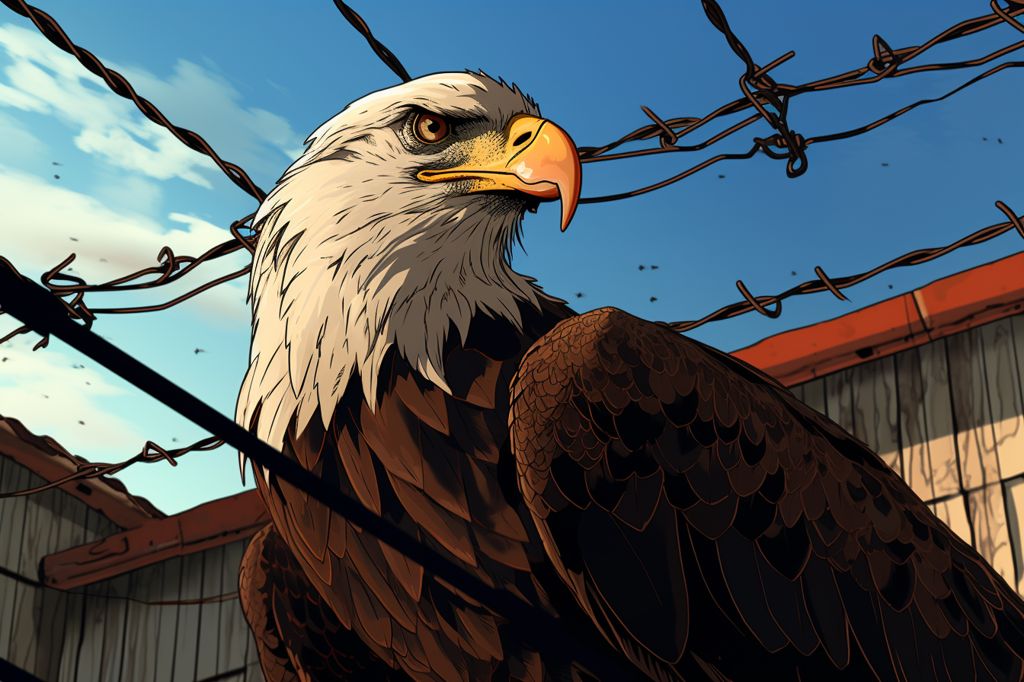The Prison Journalism Project has provided incarcerated individuals, particularly women, with a platform to express their experiences and struggles within the prison system. The initiative offers training and resources to aspiring writers that not only gives a voice to those who are often silenced but also raises awareness about gender-specific challenges faced by female inmates.
Chanell Burnette’s Experience
One of the participants in the Prison Journalism Project is Chanell Burnette, who has been incarcerated for sixteen years. Burnette reveals how she, at times, felt less than a woman throughout her journey. Her story highlights the complexities of incarceration and the impact it has on one’s sense of identity, particularly for female inmates.
Normalcy and Loss
Upon arriving at Fluvanna Correctional Center for Women in 2006, Burnette felt a sense of relief at the increased freedom of movement. The ability to purchase beauty products and clothing from popular vendors gave her a sense of normalcy. However, the administration gradually stripped away these privileges, leaving female inmates feeling like foreigners in their own bodies.
Limited Options
The lack of consideration for the female population is evident through the limited variety of products available for purchase through the prison commissary. The available items increasingly cater to a more male-oriented demographic, with minimal makeup options and the recent introduction of gender-neutral clothing.
Excessive Force
Burnette also sheds light on the distressing instances of excessive force used by male staff against female inmates. This violence is particularly traumatic for victims of domestic abuse. Burnette emphasizes the importance of recognizing the inherent differences in strength between men and women and adjusting restraint techniques accordingly.
Emotional Turmoil
In addition to physical challenges, female inmates face the emotional turmoil of leaving their children behind. The separation causes heartache, stress, and feelings of guilt and helplessness. Burnette compares this experience to that of a mother eagle forced to leave her eaglets unfed in the nest.
The Value of the Prison Journalism Project
The Prison Journalism Project’s role in providing a platform for these women to share their stories is invaluable. These narratives serve as a vital call to action for reform and improvement within the prison system. By exposing the shortcomings of the current system, we can work together to create a more equitable environment for all those who find themselves behind bars.
Empowerment Through Voice
In giving a voice to these women, the Prison Journalism Project empowers them to share their experiences and contribute to the broader understanding of the realities faced by incarcerated individuals. Through their stories, these women demonstrate their resilience and strength, fighting for their dignity, rights, and humanity, despite adversity.










